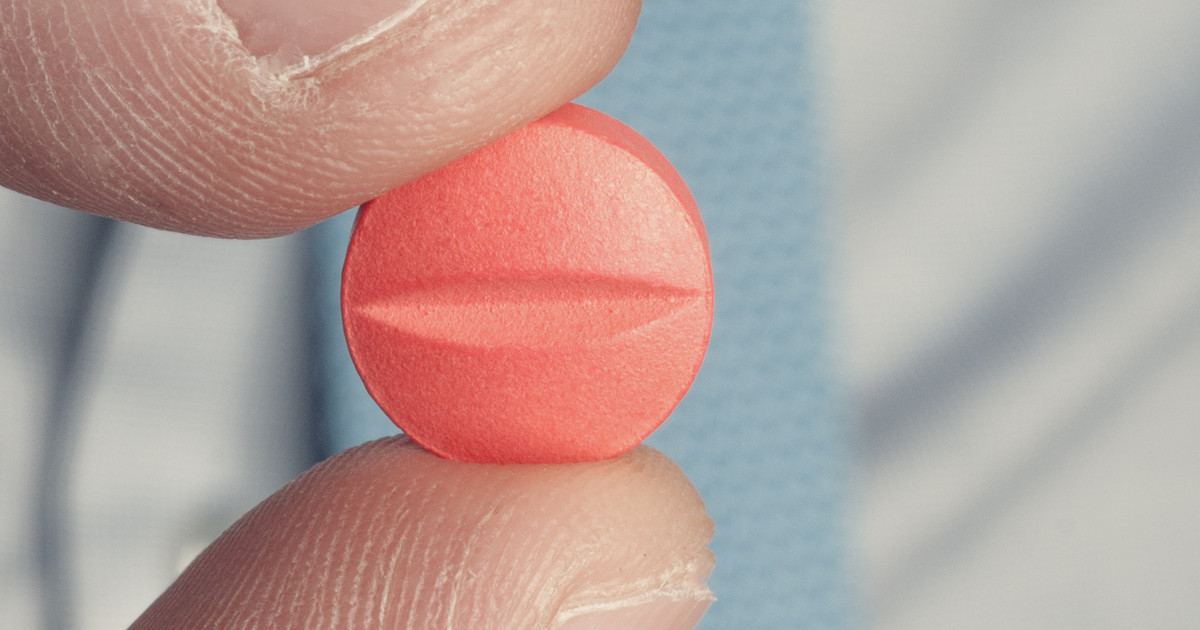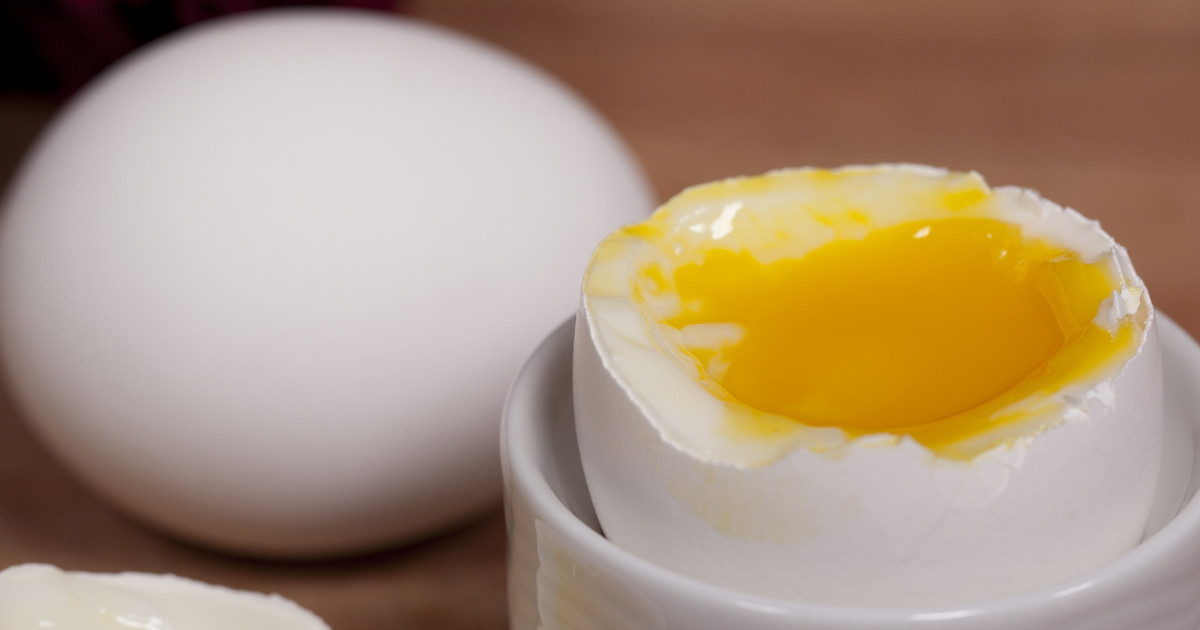How To Treat E. Coli
Avoid Diarrhea Medication And Antibiotics

Research has indicated E. coli patients should avoid diarrhea medication and antibiotics, as these medications do not treat E. coli in any way. Anti-diarrhea medications slow the gut down, which keeps the bacteria in your gut longer to continue to wreak havoc. Additionally, both antibiotics and anti-diarrhea medications have been shown to increase the risk of developing HUS.
Try peppermint tea, ginger root tea, chamomile tea, or cardamom tea to improve digestion, calm an upset stomach, and reduce gas. A probiotic, such as acidophilus, can help grow healthy gut bacteria to stop the spread of bacteria and lessen the symptoms of E. coli. As you hydrate, avoid high-fiber and high-sugar drinks like prune, pear, and apple juice, as these can worsen diarrhea.
Low Fiber Foods

Many will not have any appetite after first encountering an E. coli infection. Those that do retain an appetite often find themselves not being able to keep their food down. As you regain your appetite, keep to a low-fiber diet. Foods high in fiber, fat, and dairy often irritate the gut and worsen symptoms. Add foods gradually, starting with bland and low fiber foods like eggs, crackers, rice, and clear broths. Of note, scientists from the Uniformed Services University of the Health Sciences found a high-fiber diet also increases the risk of contracting an E. coli infection in the first place.
